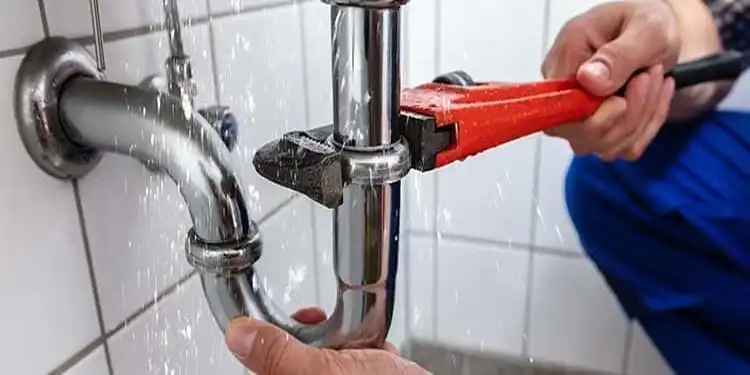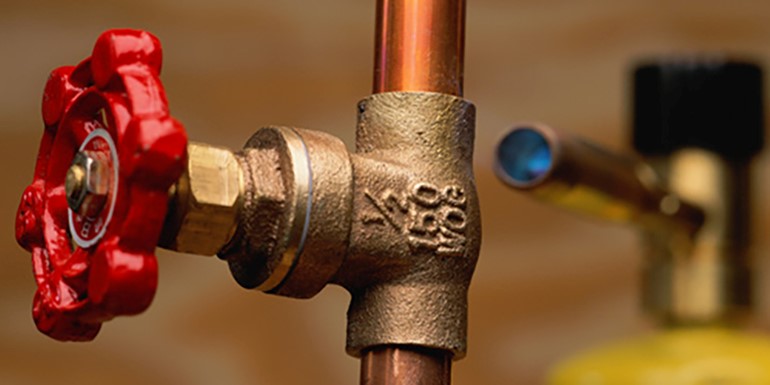Do you have low water pressure, a leaky faucet, or a clogged pipe? With good reason, you’re probably tempted to call a professional plumber. Most homeowners lack the basic abilities to do DIY plumbing work. Trying to fix a plumbing issue may potentially aggravate the situation, resulting in thousands of dollars in property and personal damage.
But don’t rush to call the plumber just yet! These 10 plumbing secrets could help you save a significant amount of time and money.
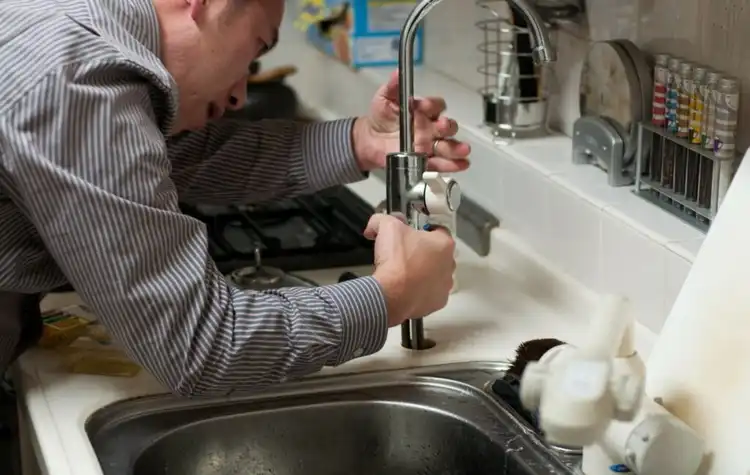
1. Know where the shut-off valves are.
Note the position of the main shut-off valve and drain before and, or after moving into a new house. In some cases, you will find the shut-off valve will be located outside the house. If you need to clear up your sewer line on a regular basis, you should become familiar with the entry locations. It’s worth noting that some apartments and condos don’t have their own separate shut-off valves.
2. Never Ignore Leaks
The constant drip, drip, drip of a fixture means money being lost as this will raise your water bill. A leaking faucet can waste up to eight gallons of water each day, while a running toilet can waste up to 200 gallons. Repair small leaks as soon as possible to avoid larger and more costly problems. Fortunately, there is usually a straightforward solution. In most cases, all you have to do is replace a worn washer, O-ring, or stem.
Turn off the water at both ends (the handles over the sink and the mainline) to discover the problem then remove the knob handle with a flathead screwdriver. With a wrench, unscrew the packing nut, which should allow you to see the stem. Remove it and inspect the O-ring and washer if they don’t appear to be damaged. One of these three is most likely the source of the leak.
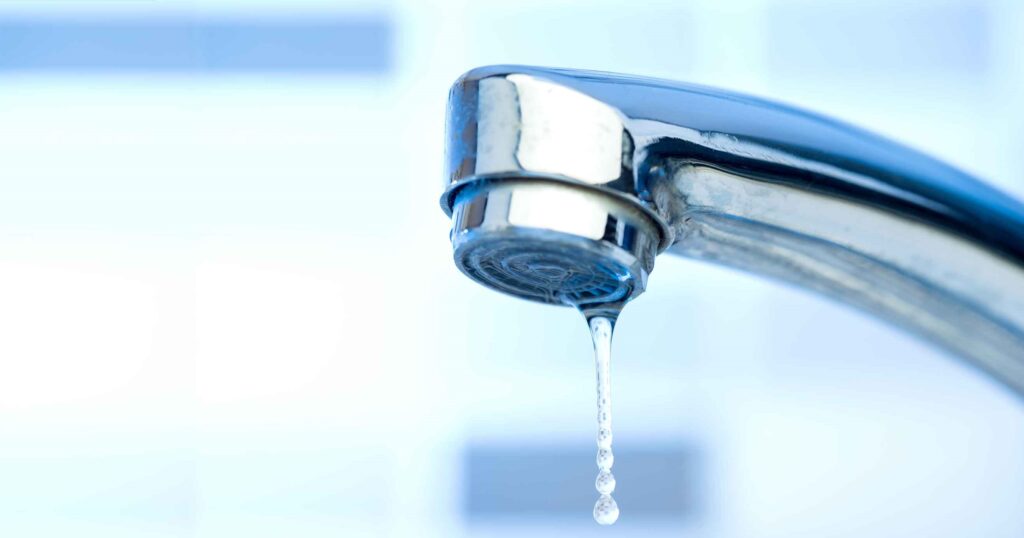
3. Find out what can be flushed
Do you have to call a plumber to unclog your toilets on a regular basis? Okay, then we’ll explain what’s wrong with your toilet. You’re flushing items that shouldn’t be flushed. And, you might wonder, what are those things?
If something that isn’t human waste falls down the toilet, it will cause problems. Flushing anything like tissue paper, hygiene goods, and children’s toys will also cause severe clogs. So homeowners should avoid using their toilet as a garbage can. Even “flushable” baby wipes can stop the system from running smoothly.
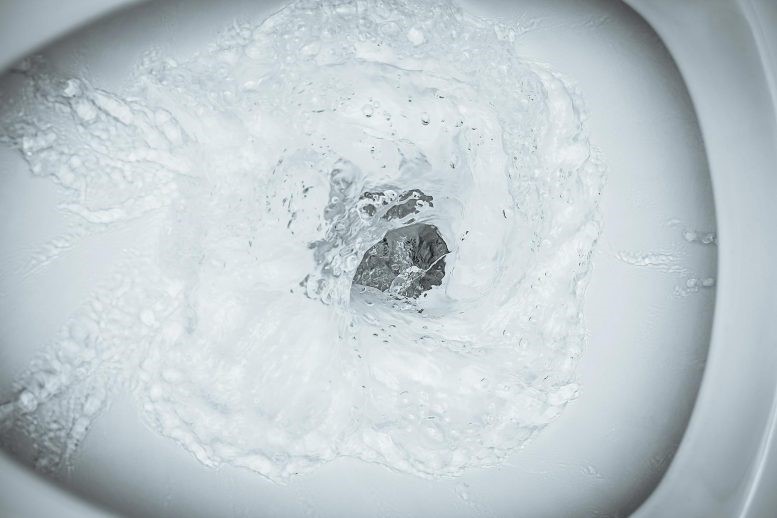
4. You can unclog clogged garbage disposal on your own
Things like food detritus, cooking grease, peels, starchy foods like rice or potatoes should never be poured down the kitchen drain. They will almost likely clog it. It’s also a good idea to study the garbage disposals user manual to see what the equipment can and can’t handle.
ProTip Takeaway: Before you begin working on your garbage disposal, remember to unplug it. This is crucial since you don’t want it to turn on by accident when your hand is stuck down there.
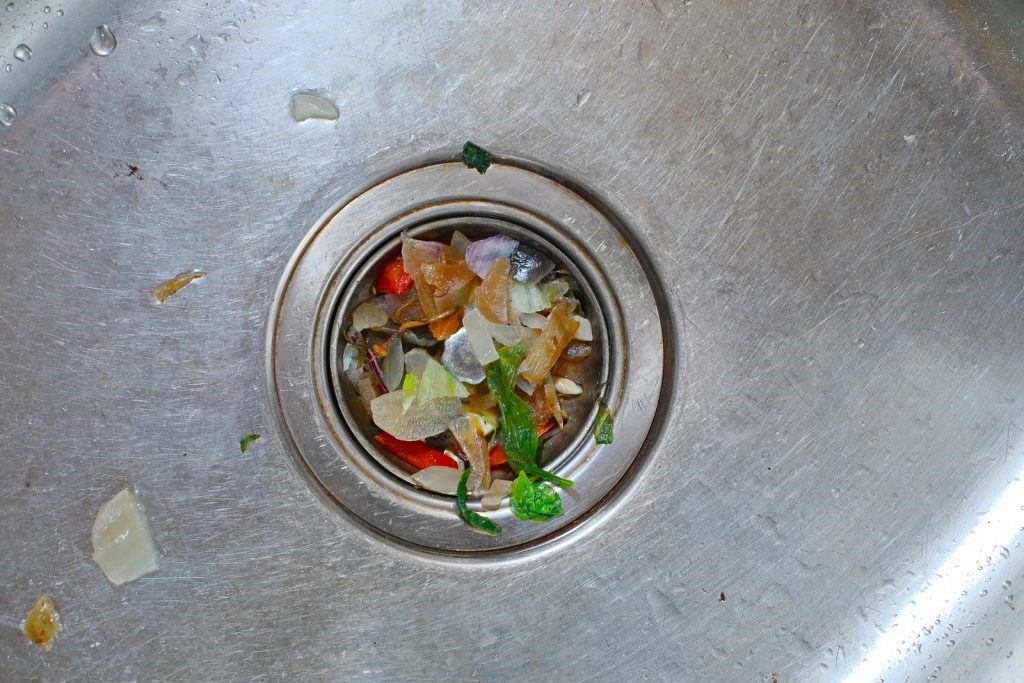
5. Access your sink pipes using the clean-out plug
If plunging your sink doesn’t work, check the mainline for a cleanout plug. This is an opening that can be unscrewed with a wrench to gain access to the pipes without having to disassemble them.
Once you have access, feel around within the pipe with a brush or anything similar to try to remove the clog. It’s advisable to do this before pouring any drain cleaners down the drain because they can splash out if you’re not careful. Prepare a bucket to catch any water that has become stuck in the pipe.
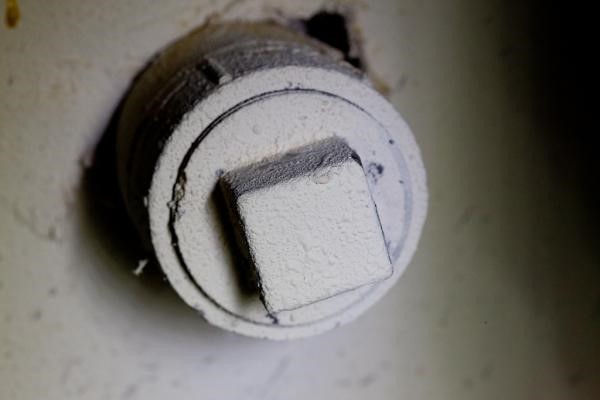
6. Make Plumber’s Tape Your Friend
Plumber’s tape is also known as Teflon tape. It is used to prevent leaks around joints and fittings by sealing pipe threads. Before sealing the pipe threads, apply the plumber’s tape three times around the threads. Also, white tape is intended for regular domestic plumbing projects, and yellow tape is intended for gas line hookups.
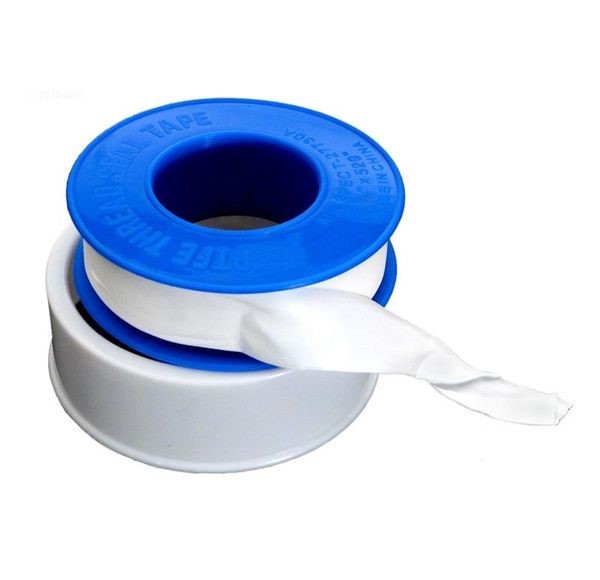
7. Avoid chemical drain cleaners
It’s entirely up to you how you clean your drains on a regular basis. But first, a word of caution is that chemical drain cleaners should never be used. Certainly, never!
There is a huge list of things you should not mix, but here are a few to keep in mind:
- Glass cleaners
- Multi-surface cleaners
- Chemical drain cleaners
- Toilet/bathroom cleaning solutions
Many of these contain hazardous compounds like ammonia. When you combine additional compounds, such as bleach and vinegar, you can create very dangerous chemicals like chlorine gas, which you don’t want to deal with while trying to clean your house.
ProTip Takeaway: These drain cleaners include hazardous chemicals that are not only bad for the environment but also bad for your plumbing system. These chemicals are abrasive, and they can corrode drains and cause permanent damage.
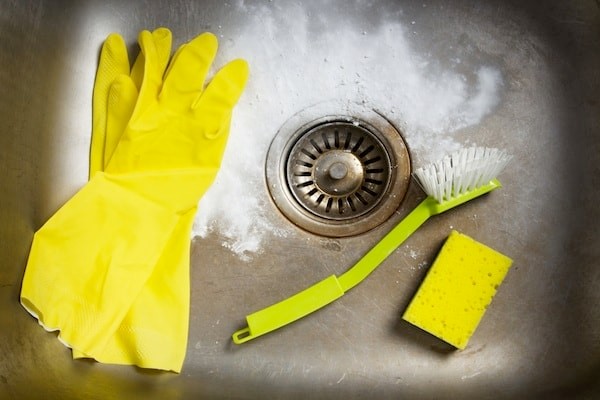
8. Fix a Leaking Flush
Take a look at the inside of the flush tank. There is a float that keeps the valve closed and prevents water from entering the toilet. The water might be trickling down because the float is set too low. You can manually secure the valve by lifting the float up (very gently).
9. Invest in a quality plunger
A clogged drain is a typical household issue, yet many clogged drains aren’t problematic enough to require professional help. Invest in a high-quality plunger to clear clogs in toilets, sinks, and drains. Before removing the trap from the sink, use a plunger to remove the majority of the water. The task will be far less wet and untidy to finish.
ProTip Takeaway: A toilet and a sink/shower plunger are two different types of plungers. Sink/shower plungers are flat, whereas toilet plungers are narrow at the bottom to fit into the toilet.
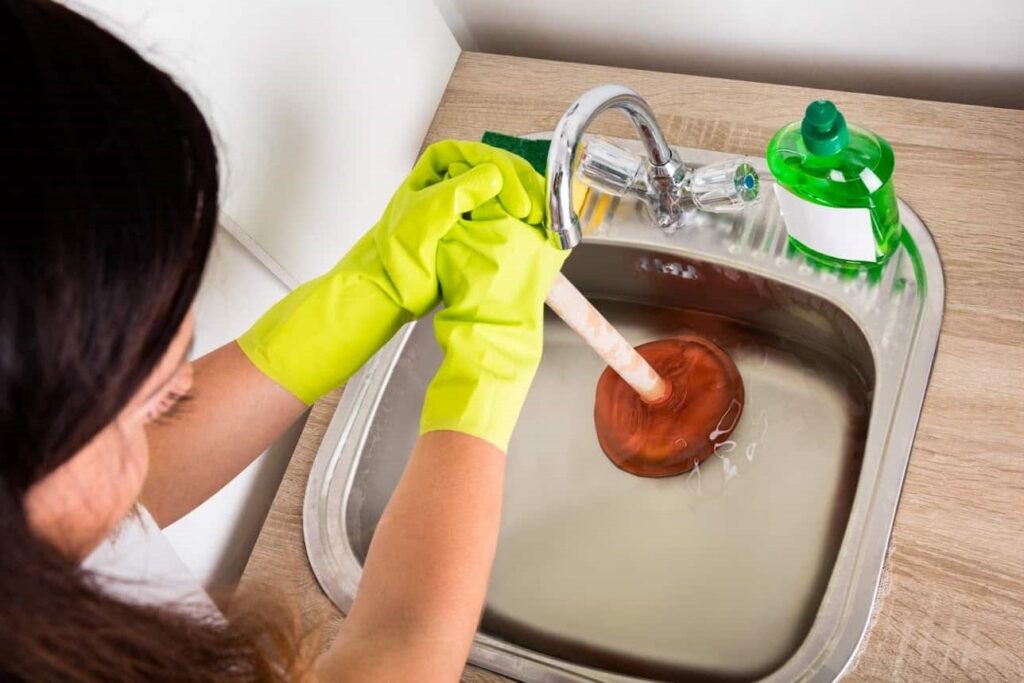
10. Don’t Hang Things from Your Pipes
Don’t put clothes or anything else on your basement’s exposed pipes. Even if you think a small object won’t cause damage you’ll be surprised as the weight may break them and flood a basement. This is not something you want to have to deal with.
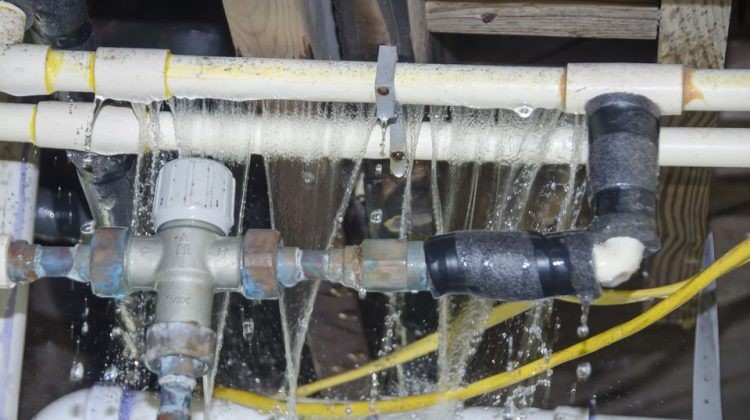
References
Family Handyman. (2022, February 14) The 30 Secrets a Plumber Won’t Tell You
Bob Vila. (2021, April 14) 10 Plumbing Tips Everyone Needs to Know
Eyman Plumbing Heating & Air. (2018, June 8) 10 Handyman Secrets You Should Know
Oliver Heating & Cooling . (2020, July 26) 12 Plumbing Facts You Probably Never Knew
Excalibur Plumbing . (2018, October 23) 8 Plumbing Secrets Revealed

